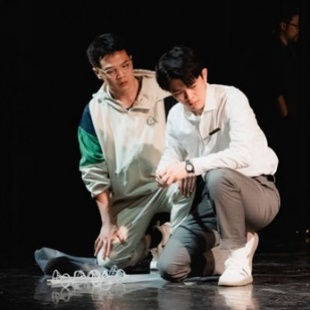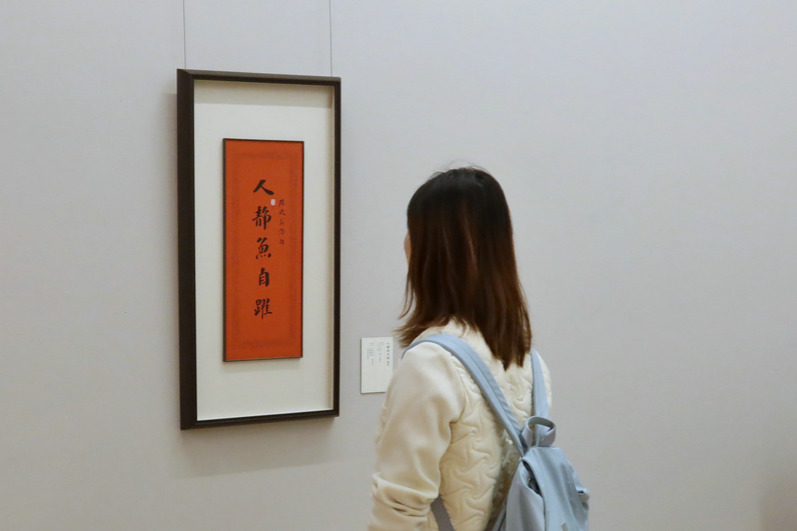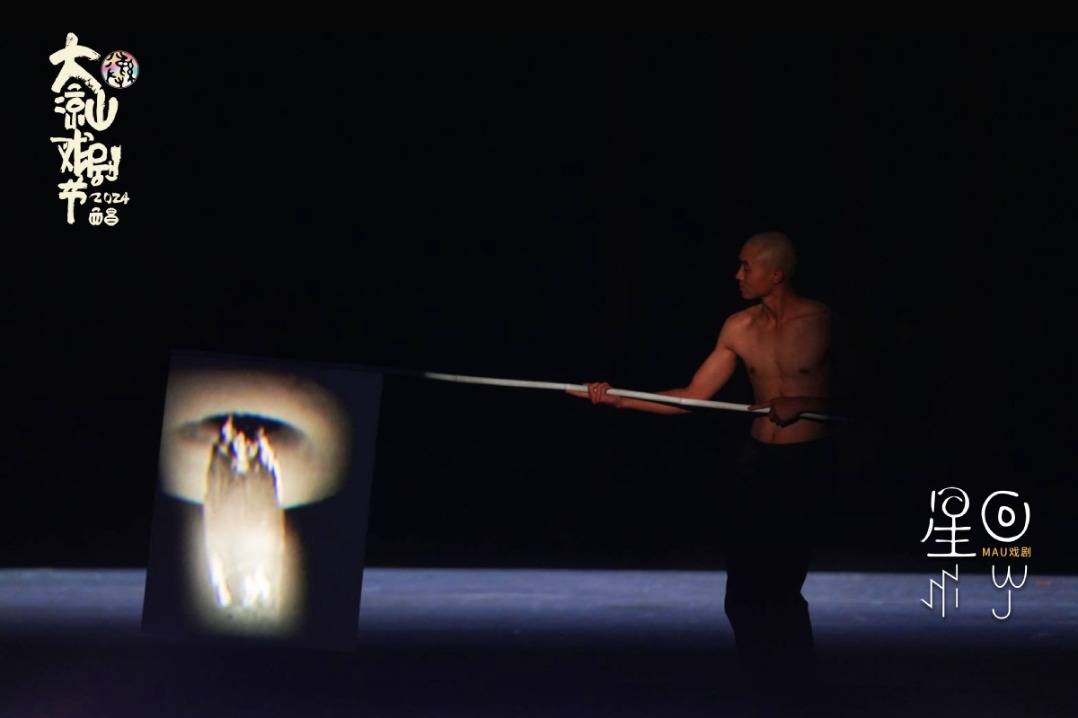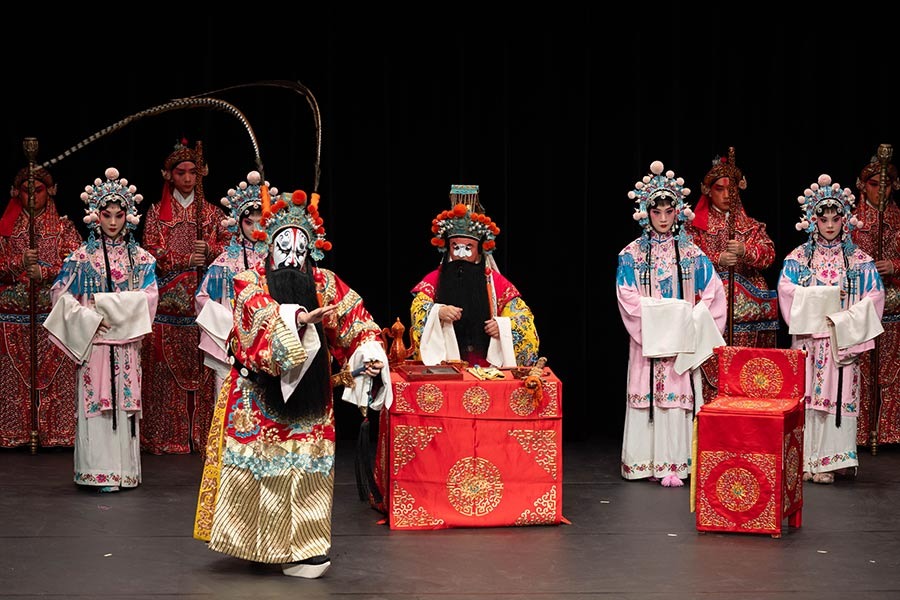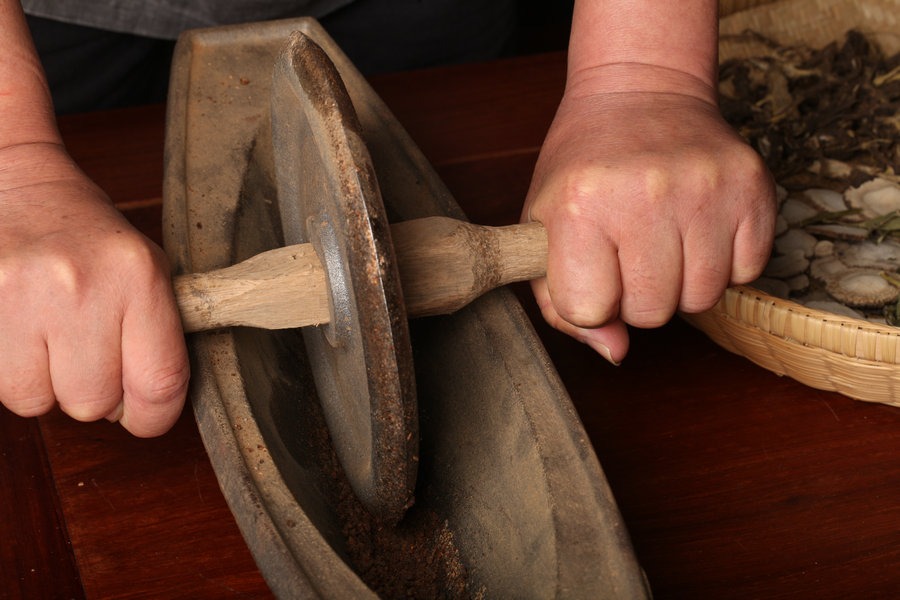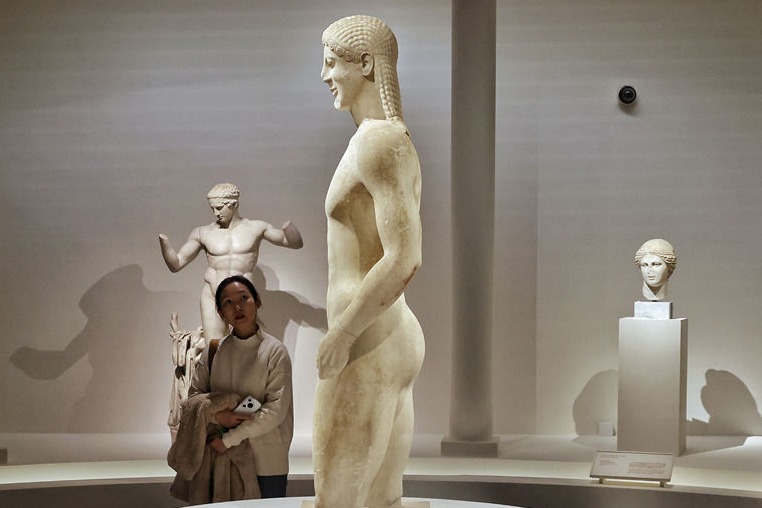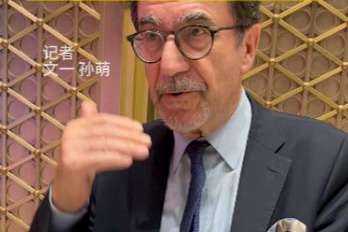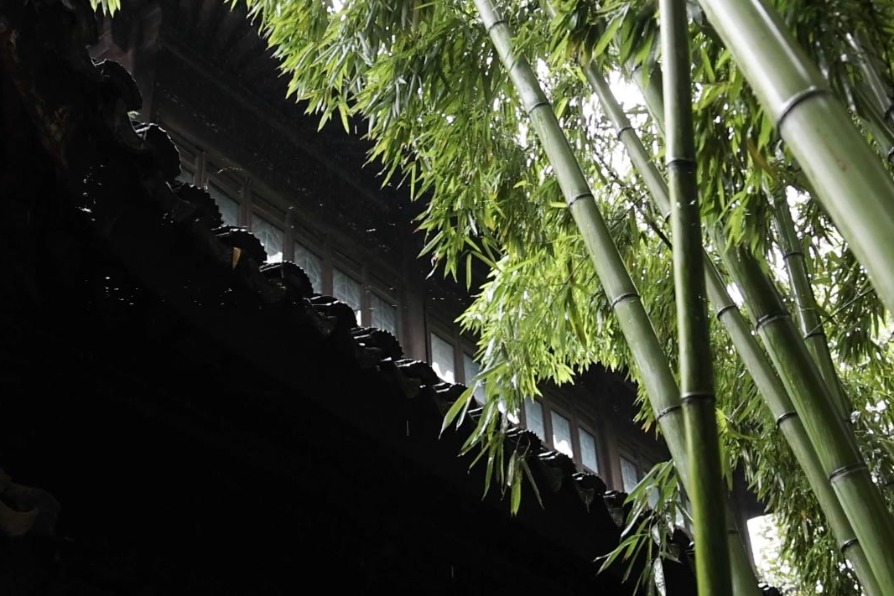Play sparks debate on education


She took Vice Principal Chen and Principal Yang as examples. Chen has complex thoughts and independent pursuits. He hopes students can grow and make choices on their own, becoming true individuals rather than objects or machines. While Yang may seem unlikable, standing in opposition to students and teachers, she has a stable core and emotions, willing to pay the price for her stance. "She is someone who can withstand storms, a female character rarely seen in our current literary and theatrical works," Zhu said.
As for the two student characters, they complement each other, representing different aspects of youth: Fu is bold and daring, while Liang is meticulous and gentle.
Zhu feels a closer connection to Liang, yet she is intrigued by Fu, whom she describes as "constantly leaping like a flame", someone very different from herself.
Growing up in a traditional educational setting in a small town in Ganzhou, East China's Jiangxi province, Zhu excelled academically in high school. She was admitted to Peking University in 2007 as the top scorer in liberal arts in Jiangxi.
However, she recalled her high school days as "lifeless".
"Everyone was so well-behaved. No one dared to question the teachers, even when the rules seemed unfair," Zhu said. "This is why encountering a character like Fu was really eye-opening for me, and I believe Fu embodies the true spirit of youth."
A unique change in this play compared to the Cantonese version is its more diverse cast. Four young actors — Xu Wenxin, Wen Ziqi, Ren Zhenhui, and Luo Qiyue — take turns playing Fu and Liang, with gender and roles interchangeable, each combination bringing new dynamics.
Xu found it a rare opportunity to portray two almost completely opposite characters in the same play, a task that was both enriching and demanding. "During rehearsals, just as I started getting familiar with one character, I had to switch to the other one," she said. "At one point, I felt distant from both characters, unable to grasp either."


